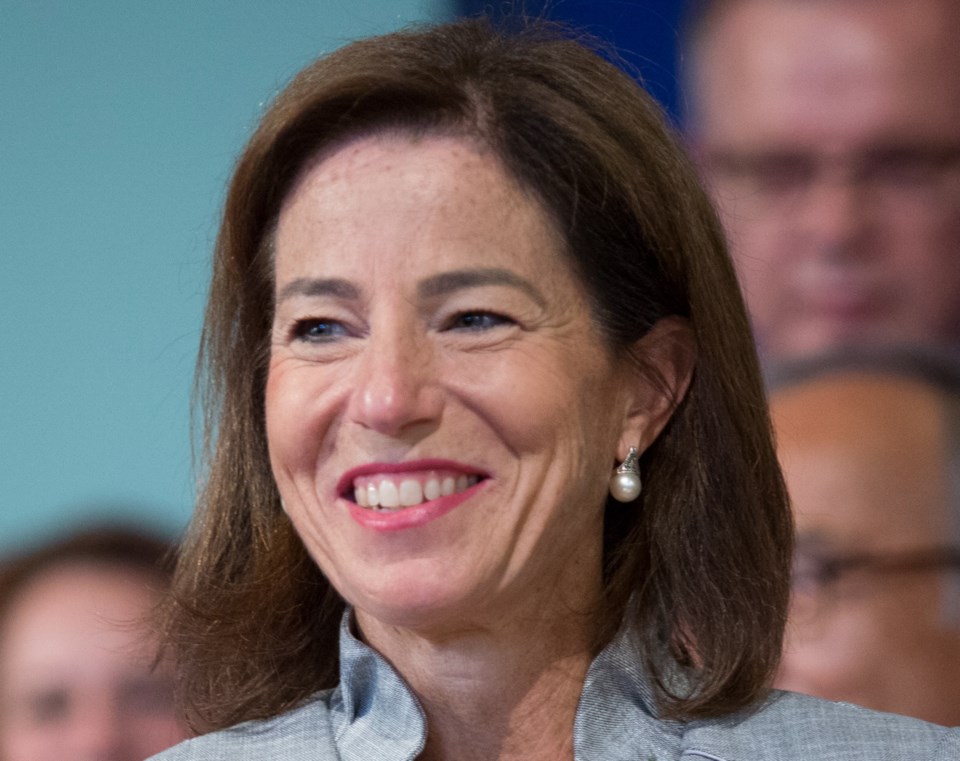The B.C. government wants to close a legal loophole that allows landlords to increase rent beyond what rent controls allow.
Housing Minister Selina Robinson introduced an amendment to the Residential Tenancy Act on Thursday that eliminates most “vacate clauses” for fixed-term leases. “This will give renters the security they deserve and help bring integrity to the rental industry, which is good for landlords,” Robinson said.
She said the act has allowed landlords to impose a vacate clause on leases, forcing renters out of their homes and allowing landlords to exceed rent controls for the next tenant — even if the same person rents the unit again. A new lease means the landlord can set the rent at any rate.
The proposed changes would restrict the use of the vacate clause and protect tenants renewing fixed-term agreements so they are covered by rent control, which currently allows increases of two per cent plus inflation. The changes would apply to existing and new rental agreements, Robinson said.
David Hutniak, CEO of LandlordBC, celebrated the proposal.
Landlords who have abused the loophole cause damage to the industry’s image, he said. “It’s unfair to responsible landlords.”
But landlord Paul Baker said he wouldn’t entertain having a tenant without a vacate clause. “It’s the safety net for getting undesired tenants out. Without it, the legislation is so heavily biased toward the renter,” Baker said.
“They are significantly affecting the vast majority of landlords to legislate for the few greedy ones.”
There are about 1.5 million renters in the province, and in Victoria, vacancy rates hover near zero per cent.
Emily Rogers and Yuka Kurokawa, tenant legal advocates at the Together Against Poverty Society in Victoria, said the move is a good one. But they said it still gives landlords an incentive to pursue a new tenant to get higher rent.
The penalty for evicting a tenant without just cause is two months of rent, which could be worth it for some landlords hoping to raise the rent 35 per cent.
Together Against Poverty Society advocates say the maximum allowable rent increase should remain the same, whether or not there is a change in tenants. “What we would ultimately like to see is rent tied to the unit, rather than the tenant,” Rogers said.
The proposal is part of a suite of amendments to the Residential Tenancy Act and the Manufactured Home Park Tenancy Act.
Changes include a streamlined dispute resolution process for returning security deposits and new powers for the Residential Tenancy Branch, such as compelling the production of documents as part of a penalty investigation and publishing penalty decisions.
Robinson said those changes would help the branch crack down on repeat offenders.
The former Liberal government promised a similar loophole-closing amendment last year but never delivered. Liberal Kamloops-South Thompson MLA Todd Stone acknowledged that his party missed the mark on housing affordability ahead of the May election. He noted that the Liberals could be supportive of the proposed amendment, once they have an opportunity to dig into the details.
But he also noted a concern: “It may have the unintended consequence of resulting in some landlords’ decision to pull product off the market, which would have the perverse effect of reducing supply for rentals. That would not be helpful overall to addressing the affordability challenge.”
— With a file from The Canadian Press



